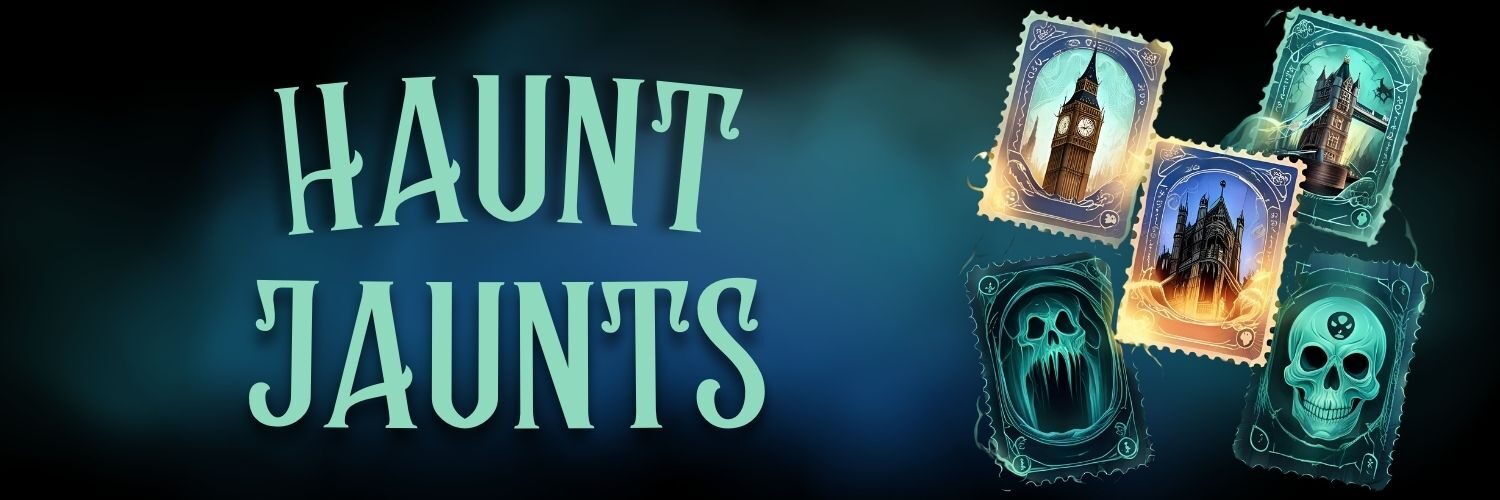I finally had a chance to read Spook: Science Tackles the Afterlife, which has been out for a few years now.
Mary Roach certainly did some extensive research for this book. From talking to parapsychologists who are experimenting with ways to prove “ghosts” (or how we experience them) can be created from things like intrasound and EMFs, to ghost hunting with paranormal investigators, to taking a medium course, she covered the gamut of ways people are searching for answers to whether we cease to exist or not when we die. All the different ways people approach the question are very interesting.
She’s got a very snarky, pessimistic, skeptical “voice” in her writing, which was sometimes grating on the nerves. However, she was very good about presenting both sides. A lot of what she uncovered shows how 99% of all sorts of paranormal phenomena can be explained, including claims of reincarnation, people claiming to be able to see and speak to the dead, paranormal activity, and near-death survivors.
She presented very rational evidence that explains so many accounts. I was particularly fond of the chapter that cast a lot light on how mediums are able to sway people into believing they have “gifts” that let them talk with the dead or know things about people they shouldn’t. Which is not entirely their fault. People want to believe and often unknowingly feed into the charade.
Same with people who believe they’ve seen or experienced a ghost. It could be a blend of environmental factors that contribute to everything from seeing gray “shadows” out of the corner of the eye, anxiety and unease, and even cold spots.
However, even though she was persuaded to not to believe in whatever phenomenon she was examining, at the end of each chapter she left it open that some researcher might come along and prove otherwise conclusively. Because the other thing her book showed was there is actually a lot of university-level para-research studies that has been conducted and which is currently underway.
I just didn’t care for the end, because pretty much through the entire book she stayed true to her skeptical roots. She hadn’t uncovered really anything to blow her mind with an “ah ha!” finding (because nothing like that has really happened yet). In her Last Words section she was talking about the difference between knowing and believing. There are things we know (snow is cold) and things we believe (God may exist), and there are people who are sure they know God exists and believe He does, but they don’t have proof. (It was all a little convoluted to be honest.)
However, she ended with “What the hell. I believe in ghosts.”
Why she would say that , after all she’d presented in the book, left me baffled and a little cheated.
However, it was overall a great book, and for anyone truly interested in the paranormal, it’s a wonderful history lesson about paranormal societies and research through the ages. It’s also a great read to learn how other people approach the research into the afterlife…if there is one.
I’d give it four out of five skulls.
Courtney Mroch is a globe-trotting restless spirit who’s both possessed by wanderlust and the spirit of adventure, and obsessed with true crime, horror, the paranormal, and weird days. Perhaps it has something to do with her genes? She is related to occult royalty, after all. Marie Laveau, the famous Voodoo practitioner of New Orleans, is one of her ancestors. (Yes, really! As explained here.) That could also explain her infatuation with skeletons.
Speaking of mystical, to learn how Courtney channeled her battle with cancer to conjure up this site, check out HJ’s Origin Story.
